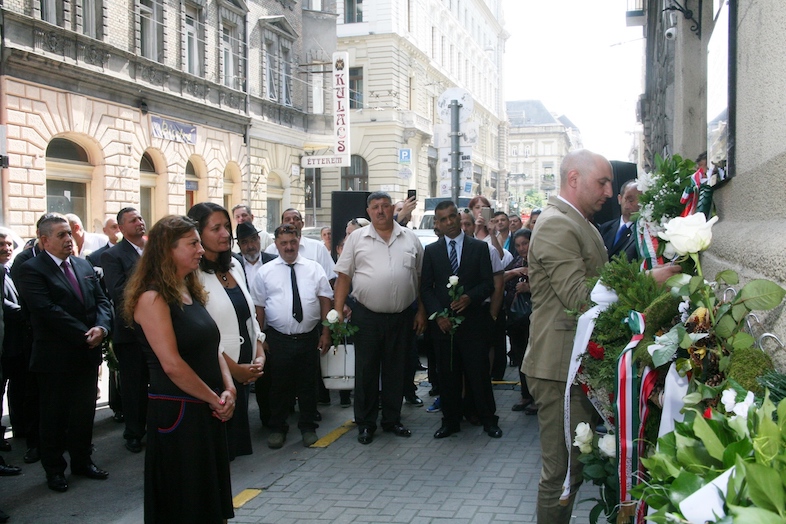VWI goes to ... / VWI invites ...
Der Kolloquienzyklus der VWI-Fellows
Die VWI-Fellows präsentieren Zwischenresultate ihrer Forschungsvorhaben im Rahmen von Kolloquien, die – im kleinen Rahmen angekündigt – auch einer akademisch und inhaltlich interessierten Öffentlichkeit zugänglich sind. Die Vorträge werden durch eine im jeweiligen Thema ausgewiesene Fachperson in Form einer Respondenz oder eines Kommentars begleitet und von den anderen Fellows und dem Publikum diskutiert.
Das Veranstaltungsformat VWI goes to … war ursprünglich aus akutem Raummangel geboren worden, konnte doch das Institut an seinem früheren Standort, am Desider-Friedmann-Platz nicht einmal eine kleine Veranstaltung organisieren. Allein aus dem Kontakt zu anderen akademischen Einrichtungen in Wien, zum Teil auch in der weiteren Region, ergab sich in der Folge – auch dank der jeweils eingeladenen Kommentatorinnen und Kommentatoren – wiederum die einzigartige Möglichkeit, die Fellows und die Forschungen des VWI mit anderen Institutionen, methodischen Ansätzen, Forschungsfragen und Ideen zu vernetzen, das Institut in den regionalen Forschungsraum noch mehr zu integrieren. Aus diesem Grund wurde entschieden, das Format auch am neuen Standort beizubehalten. Gleichzeitig eröffnete sich aber am Rabensteig auch die Gelegenheit, zu diesen Kolloquien Institutionen auch an das VWI einzuladen. Aus diesem Grund trägt ab Herbst 2016 das VWI-Kolloquium entsprechend alternierend auch die Bezeichnung VWI invites... .
| VWI invites/goes to... | |||
| György Majtényi: Transnational Memory of the Roma Holocaust/Porajmos | |||
Mittwoch, 23. Oktober 2019, 18:00 - 19:30 Romano Centro, Hofmannsthalgasse 2, Lokal 2, 1030 Vienna
|
|||
VWI goes to the Romano Centro Roma history can be illustrated either in the context of the history of a given country or – breaking somewhat from national histories – in the context of a unified Roma history. This latter approach might be called the ‘transnational’ depiction of Roma history. Recent decades have seen the publication of several Roma history books that describe the history of Roma communities from ethnogenesis to the present in the framework of a unified narrative in a ‘transnationalised’ space (partly independent from the histories of nation states). Discussions and working through collective traumas might also play a role in the construction of a unified Roma history and in the strengthening of a Roma national/ethnic identity. This presentation examines the actors and stages in the process through which the Roma Holocaust/Porajmos became a ‘site of memory’ within the Roma minority communities living in different nation states and later the role of this ‘site of memory’ in the making of a unified Roma history and in the transnational process of Roma national identity building.
György Majtényi is a social historian and professor at Károly Eszterházy University in Eger. Between 2000 and 2011, he was head of department of the National Archives of Hungary. He received his doctorate in 2004 from Eötvös Loránd University with a thesis on social mobility in post-1945 Hungary and his habilitation in 2010. His current research interests include Roma social history, the history of East-Central Europe in the twentieth century, intellectual history, and historiography. Gerhard Baumgartner is a historian and Director of the Documentation Centre of Austrian Resistance (DÖW). |
|||






 Commented by
Commented by